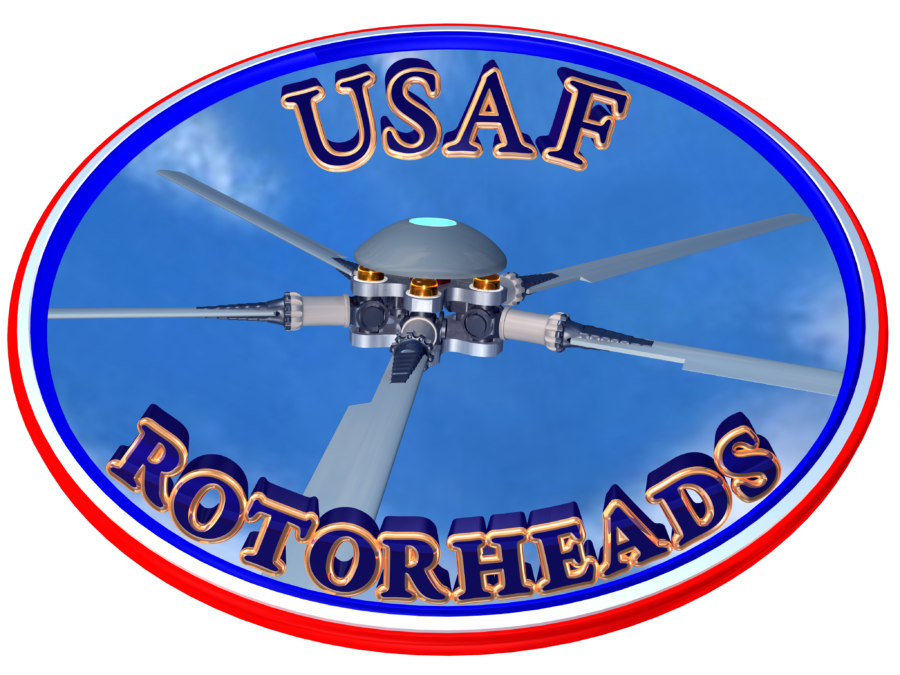Helicopter Accidents
This page documents U.S. Air Force helicopter accidents. If you have any information to contribute, please contact us.
HH-60G
Moody AFB, GA
23 Mar 2003
S/N #97-26778
HH-60G #97-26778 (Call sign “Komodo 11) of the 347th RW, 41st RQS, crewed by Lt. Col. John Stein (P), Capt. Tamara L. Archuleta (CP), SSgt. Jason Hicks (FE), MSgt. Michael Maltz (PJ), SSgt. John Teal (AG) and Sr. Amn. Jason Plite (PJ) crashed while on a medical evacuation mission in Afghanistan. The helicopter was doing a night low level air refuleing when is disconnected and impacted the terrain. Six crewmembers were fatally injured and the helicopter was destroyed.
AIR FORCE RELEASES AFGHANISTAN HELICOPTER
ACCIDENT REPORT
Posted: Tuesday, December 6, 2005 2:19 am
Updated: 2:30 am, Fri Sep 12, 2014.
MOODY AIR FORCE BASE — The primary cause of a helicopter crash that killed six Moody Air Force Base airmen in Afghanistan remains undetermined, according to an Air Force accident report.
Brig. Gen. Gregory Power, vice commander, Headquarters 8th Air Force, Barksdale AFB, LA., released the findings of the report Thursday at Moody.
Power served as Accident Investigation Board president in determining why the HH-60G crashed on March 23.
Killed in the crash were Lt. Col. John Stein, 1st Lt. Tamara Archuleta, Staff Sgt. John Teal, Staff Sgt. Jason Hicks, all of the 48th Rescue Squadron; and Master Sgt. Michael Maltz and Senior Airman Jason Plite, both with the 38th Rescue Squadron. Power praised them as heroes.
“They served their country with honor and were dedicated to winning the global war against terrorism,” Power said. “I would like to give my heartfelt condolences to the families and friends of these great airmen, and I hope that no one will forget the sacrifice they made so that others might live.”
The accident occurred during the inflight refueling of the HH-60G that was enroute to an urgent medical evacuation for two children. During the refueling, the helicopter disconnected from the HC-130P aircraft that was refueling it and hit the ground a few seconds later, where it was destroyed.
From an analysis of the helicopter and coroner’s report, the board is convinced that the crew died instantly with the impact of the crash.
“The reason we know that they died instantly — because there was no indication on any of the crew members of inhaling any of the fuel fumes or things of that nature after the impact,” Powers said.
The report indicates three factors contributed to the accident.
The HC-130P was flying at an altitude of 350 feet above ground level, which was 150 feet below the required altitude of 500 feet, Powers said.
Second, the illumination reduced the effectiveness of the night vision goggles the crews were wearing, which caused spatial disorientation and loss of situational awareness.
The third factor was the terrain’s high altitude was at 9,000 feet above sea level. That, combined with a climbing 30-degree bank turn during refueling, made it difficult for the helicopter to maintain its refueling position, Power said.
Also, the autopsy performed on Stein found that the main artery to the aircraft commander’s heart had a 95-percent blockage. “The board could not determine whether he possibly was having chest pains or an irregular heart beat or possibly even a heart attack,” Power said. “The autopsy was able to just determine there was this blockage.”
The annual flight physical last fall on Stein, 39, didn’t show any alarming signals that the medical community is trained to look for. His blood pressure and cholesterol level were normal, and he had passed his annual bicycle test, which monitors the heart.
Although there are accidents involving aircraft in the Air Force, Power wasn’t aware of any similar accidents involving helicopters during refueling operations such as the one that took the lives of the six Moody airmen.
During the past few days, Power and another member of the investigation board led teams that informed the families of the deceased airmen of the board’s findings. In virtually all the cases, the families were very understanding, Power said.
The hope is that knowing details will help in the grieving process. The families know their loved ones died as heroes trying to perform and important mission.
“We’ll always remember them with that in mind,” Power said. “They were flying a risky mission that search and rescue happens to be and do in all conditions, and we’re thankful that we have people like that.
Integrity, Honor, and Respect
Some of the best things cannot be bought, they must be earned
©2023 USAF Rotorheads All Rights Reserved | Financial Statement

